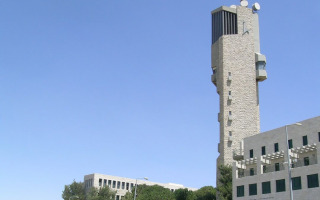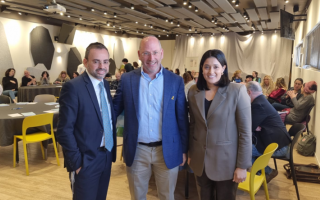Three Hebrew University Researchers Win Prestigious ERC Proof of Concept Grants
The Hebrew University of Jerusalem proudly congratulates three of its esteemed researchers for receiving the prestigious European Research Council (ERC) Proof of Concept grants. These follow-up grants, each valued at €150,000, support researchers in advancing their groundbreaking work into practical applications. This recognition continues a proud tradition of excellence at the Hebrew University, with numerous scholars having earned ERC grants in previous years.

















